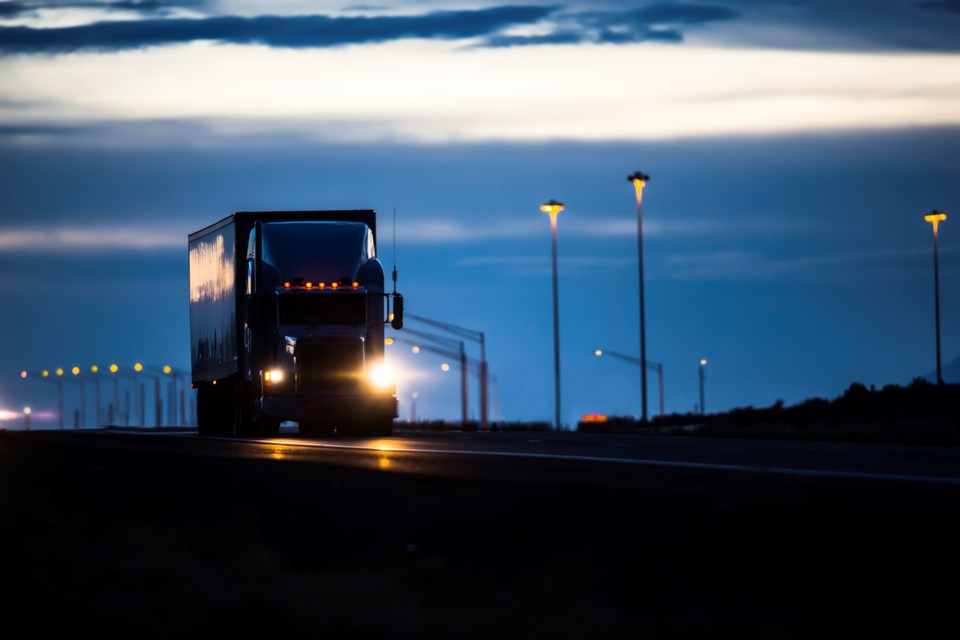The BC Trucking Association has asked the province to create legislation that would require all new heavy-duty trucks sales in B.C. to be at least low-emission vehicles by 2060, the group said this week.
The BCTA is also urging the province to legislate a quicker mandate – effective 2050 – for medium-duty vehicles between 4,527 and 11,794 kilograms in weight.
The move comes as BCTA’s leadership reiterated in recent months that B.C.’s trucking sector needed to view environmental sustainability as a selling point and a market differentiater – not as a burden or an unnecessary cost.
This week, BCTA president and CEO Dave Earle again emphasized those points, noting that commercial transportation is responsible for about 50% of provincial greenhouse gas (GHG) emissions generated from road transport. But Earle also added that – given the additional cost of low- and zero-emission vehicles, the government needs to provide support for the sector for a proper, effective transition.
“As the availability of heavy-duty zero emission vehicles continues to grow, we need to address the challenges affecting uptake if we want to decarbonize our sector and do our part to build a cleaner, stronger economy for B.C.,” said Earle in a written statement.
“It is essential that more action is taken to support the transition, and we hope our recommendation will facilitate the discussion that is urgently needed.”
The regulatory support is needed, the BCTA said, because the province faces a number of specific challenges despite the advent of possible hydrogen and electric options. These challenges include “the large price differential, range concerns, operating temperatures, B.C.’s mountainous terrain, and refueling and charging infrastructure,” the organization said.
B.C. already has ambitious GHG emissions targets in place, with a goal of a 40% reduction from 2007 levels by 2030 (and as much as 80% by 2050).




